Crypto may feel like the Wild West, but the IRS doesn’t see it that way. They’ve made it crystal clear: cryptocurrency is taxable property. Every trade, every swap, every sale. It all has tax consequences. Ignore it, and you’re asking for an IRS love letter. But don’t panic. With the right structure, you can stay compliant, protect yourself, and even build long-term wealth. That’s where my Trifecta strategy comes in.
The IRS and Crypto: No More Hiding
The days of thinking crypto flies under the IRS’s radar are long gone. Every major exchange issues 1099 forms now. That means the IRS already knows what you’re trading. If your return doesn’t match their data, their computers flag it instantly and the letters start rolling in.
Crypto is not cash, it’s property. The IRS is not messing around. They want their cut every time you trade or sell.
Short-Term vs. Long-Term Gains
Just like stocks or real estate, crypto comes with short-term and long-term capital gains rules. Hold it less than a year and your profit gets taxed at ordinary income rates, the same as your paycheck. Hold it longer than a year and you may qualify for long-term capital gains rates, capped at 20% and sometimes as low as 0% or 15%.
That difference can mean thousands. Sell too early and you might pay 37%. Wait a few more months and you could cut that bill in half. This is the heart of crypto tax planning: timing your trades with the tax code in mind.
And remember, it’s not just “cash out” moments that count. Swapping Bitcoin for Ethereum, trading into stablecoins, or buying something with your crypto—all of it creates a taxable event. Every move leaves a paper trail, and with new IRS enforcement funding, audits are only going to increase.
Why You Need the Trifecta
All roads lead back to the Trifecta: your LLC, your S-Corp, and your trust. It’s not just for crypto, it’s for everything you’re building. Most people keep their crypto in personal accounts, which leaves them exposed and without options. By running everything through a proper structure, you not only stay organized, but you also open the door to tax savings, liability protection, and estate planning advantages.
Think of it like building a house. Your trust is the foundation, your entity is the walls, and your personal tax return is the roof. Without all three, your structure is weak. With all three, you’ve got a fortress.
When you use the Trifecta for crypto:
• Asset protection: If you get sued, your crypto isn’t just sitting in your personal name waiting to be attacked.
• Tax planning flexibility: Run trades through the right entity and you can unlock deductions that personal investors never see.
• Estate planning: The Trifecta ensures your crypto passes smoothly to your heirs without probate drama.
Too many investors think tax strategy means scrambling at year-end to write off a laptop or harvest a loss. That’s not a plan. A real crypto tax strategy uses structure, not just deductions.
Compliance First, Strategy Second
One of the most common mistakes I see is investors chasing tax tricks before they’ve even filed correctly. Don’t do that. Compliance comes first. File your returns. Answer “yes” to the crypto question on page one of your 1040 if it applies to you. Disclose your holdings. That’s your first line of defense.
The IRS penalty for not filing is ten times worse than the penalty for not paying. If you blow off reporting, you’re setting yourself up for penalties, interest, and audit risk. The first step is to get current and stay compliant. Once you’ve done that, then you can layer in real crypto tax planning with the Trifecta.
You Don’t Build Wealth Just by Making Money
You don’t build wealth just by making money, you build wealth by keeping it. Crypto investors who only focus on the next token moonshot miss the bigger picture. If you’re not planning for taxes, lawsuits, or the future of your estate, you’re not building wealth. You’re gambling.
The Trifecta gives you a system. Your LLC or S-Corp helps you reduce taxes on business income, your trust locks down your estate plan, and together they keep you in control instead of the IRS or the courts. This isn’t about hiding from the IRS. It’s about playing by the rules in a way that builds lasting wealth.
The Bottom Line
Crypto isn’t the free-for-all it used to be. The IRS is watching, exchanges are reporting, and non-compliance can ruin you. But if you take the right steps—report your activity, use the Trifecta, and think long-term—you can turn crypto from a liability into a serious wealth-building tool.
At KKOS Lawyers, we help clients across the country set up their Trifecta correctly, integrate their crypto, and keep the IRS off their back. Book a call with an attorney at KKOS and get structured the right way.








